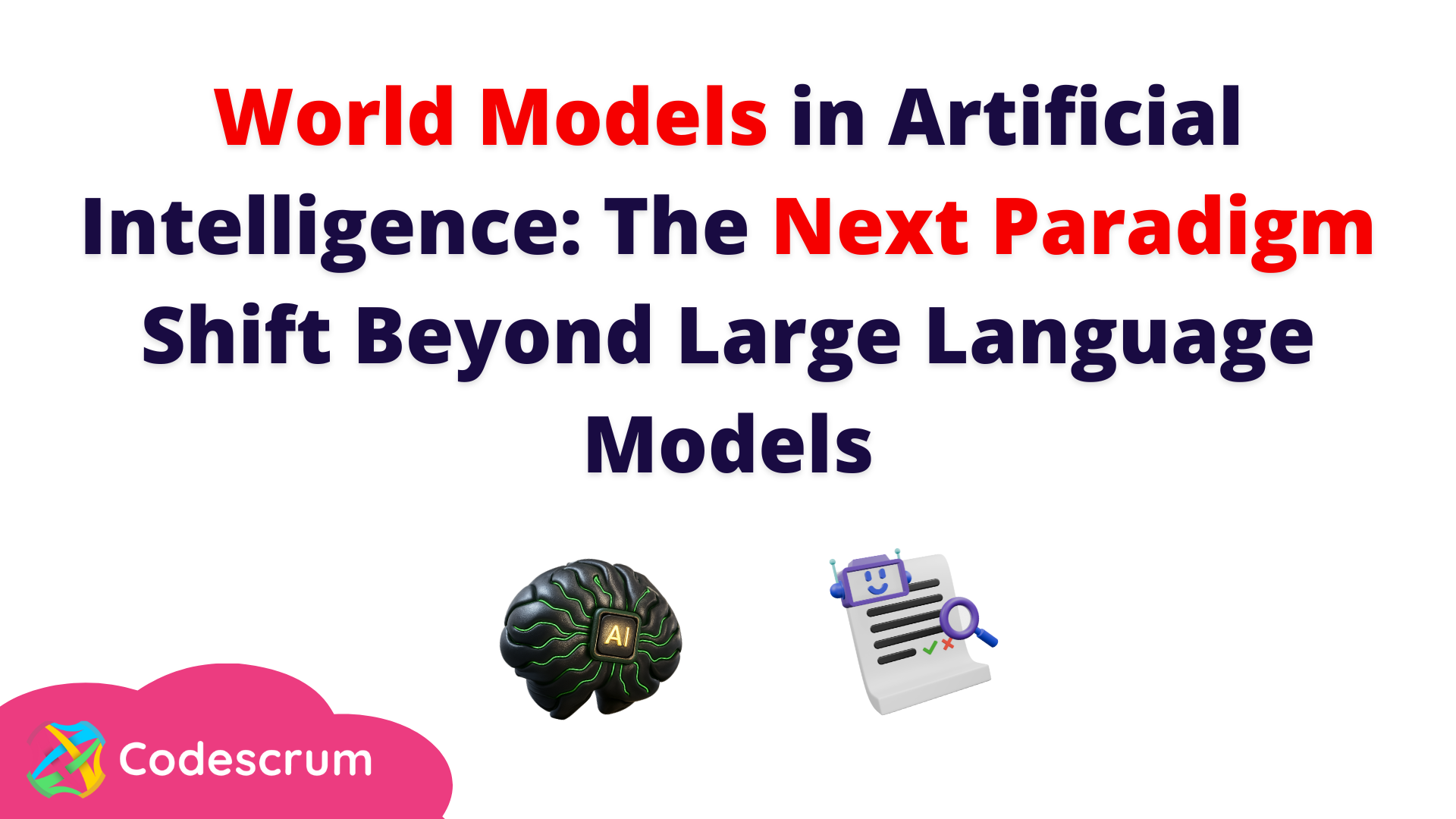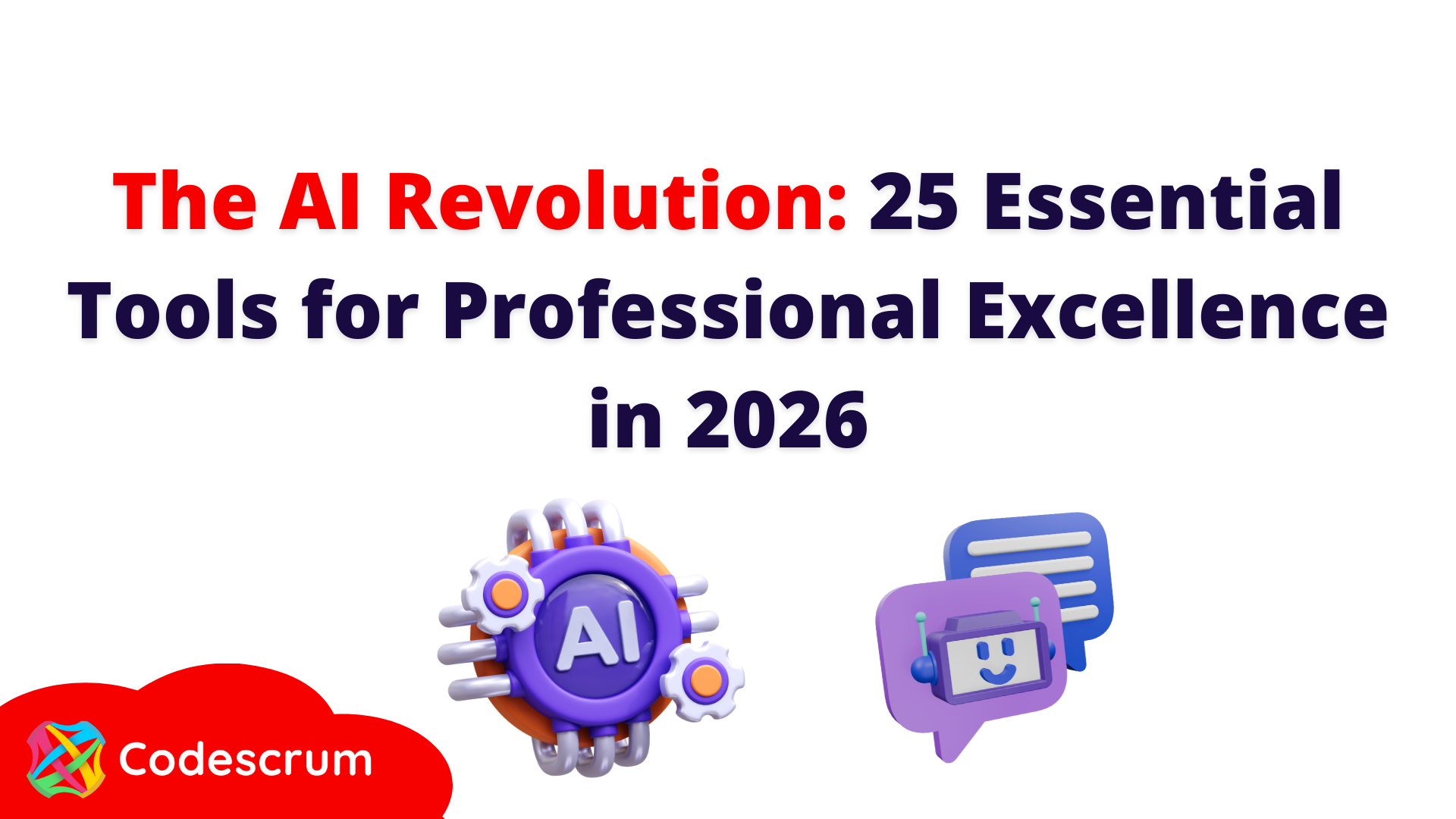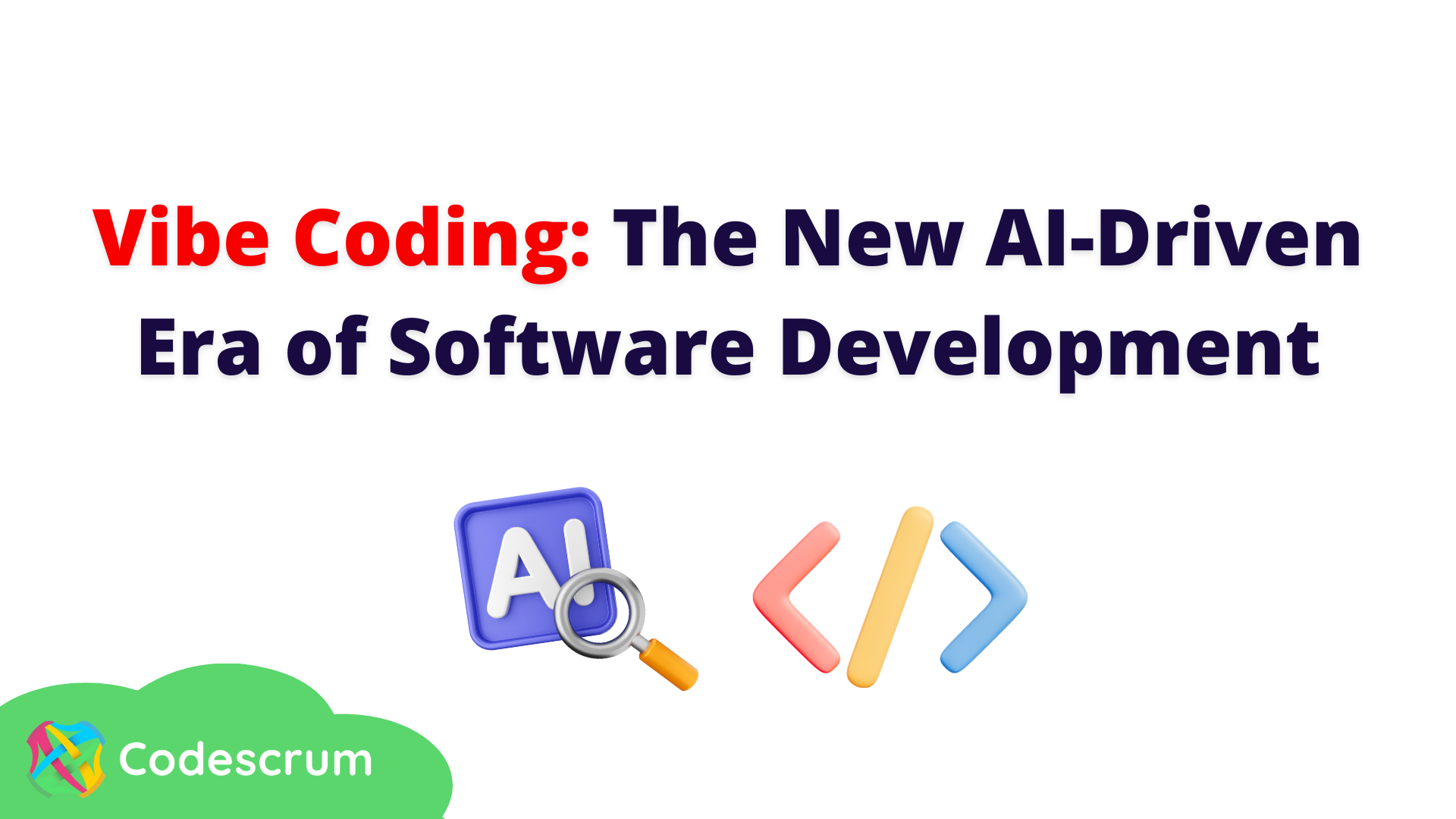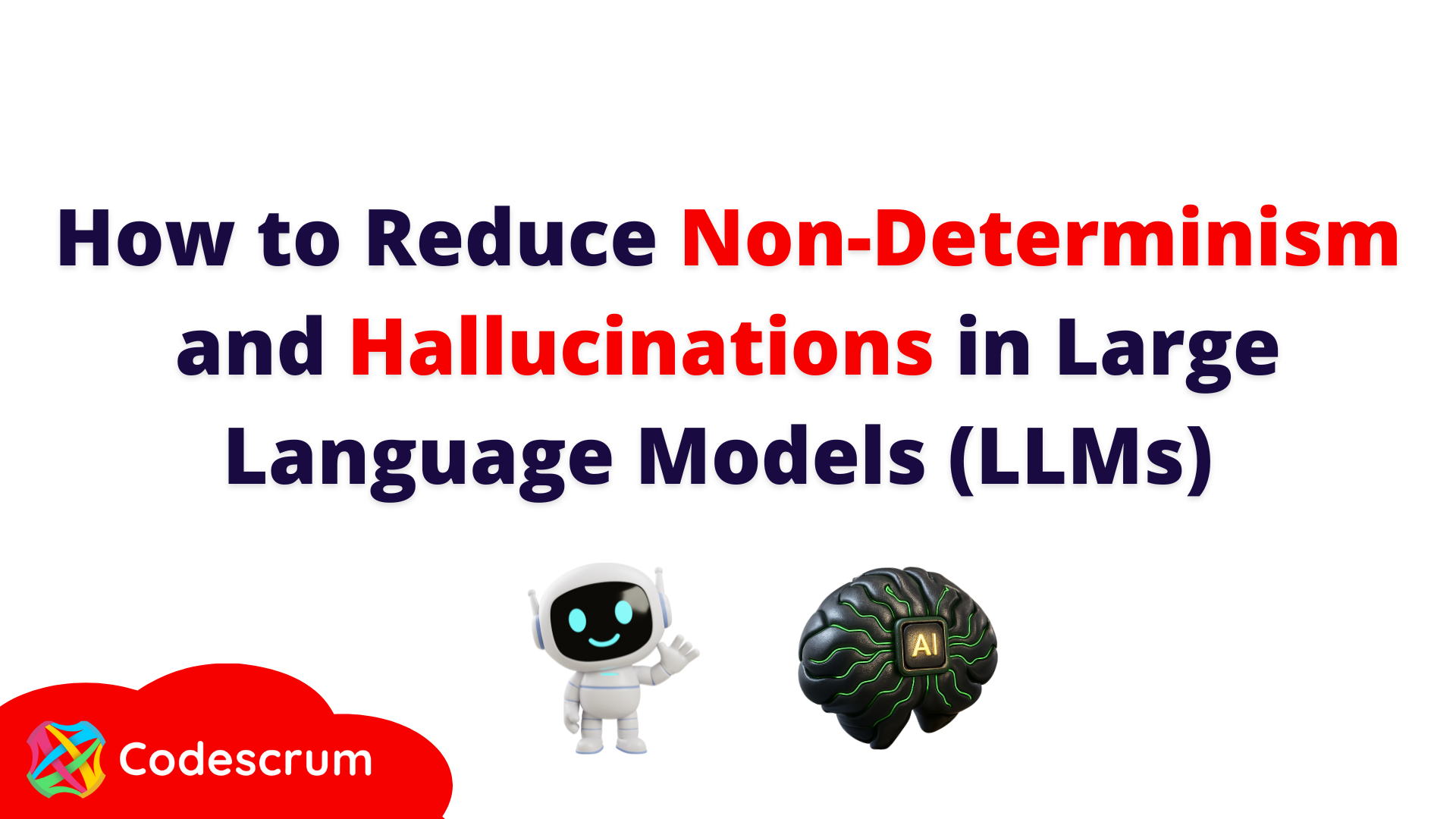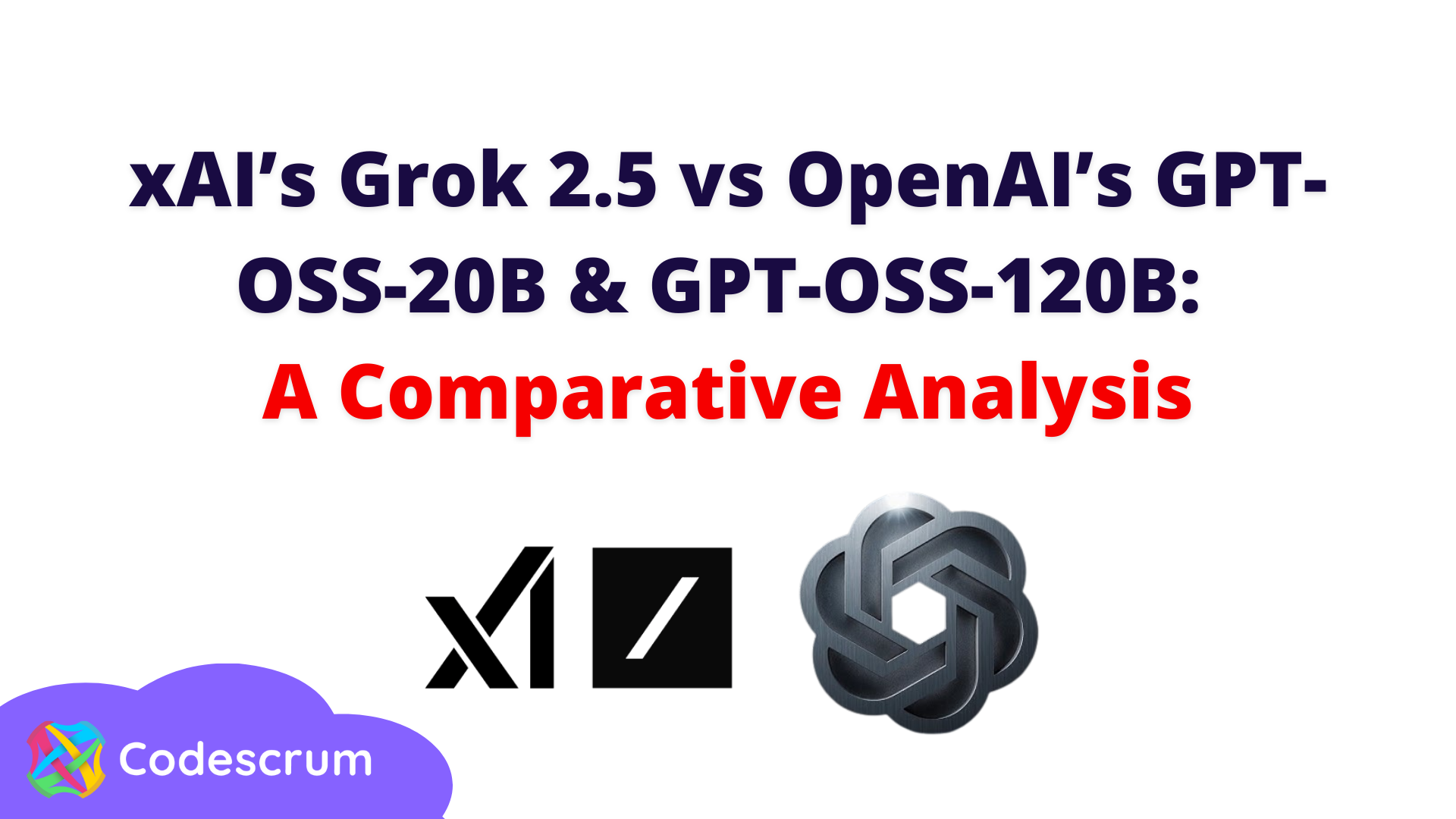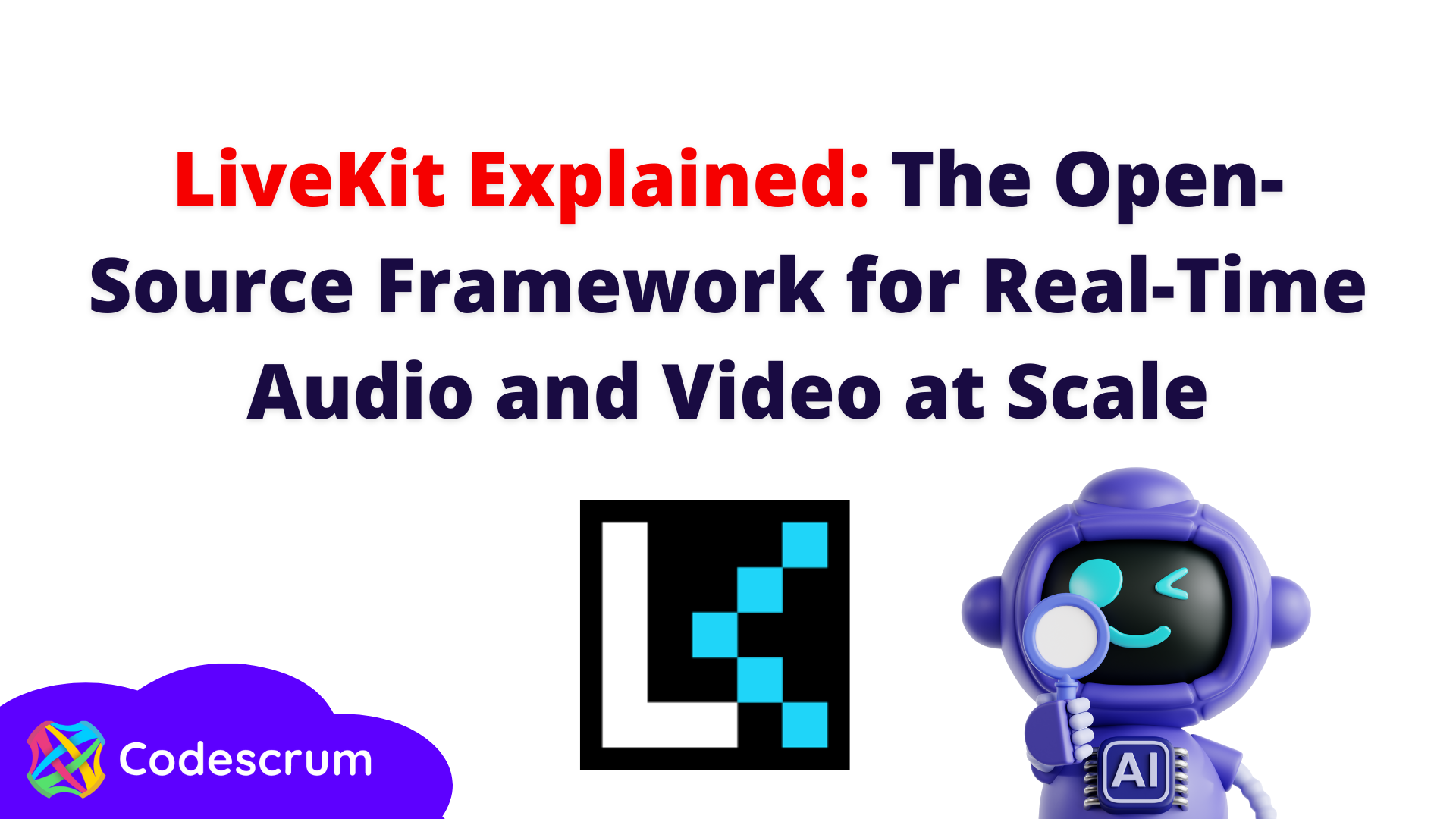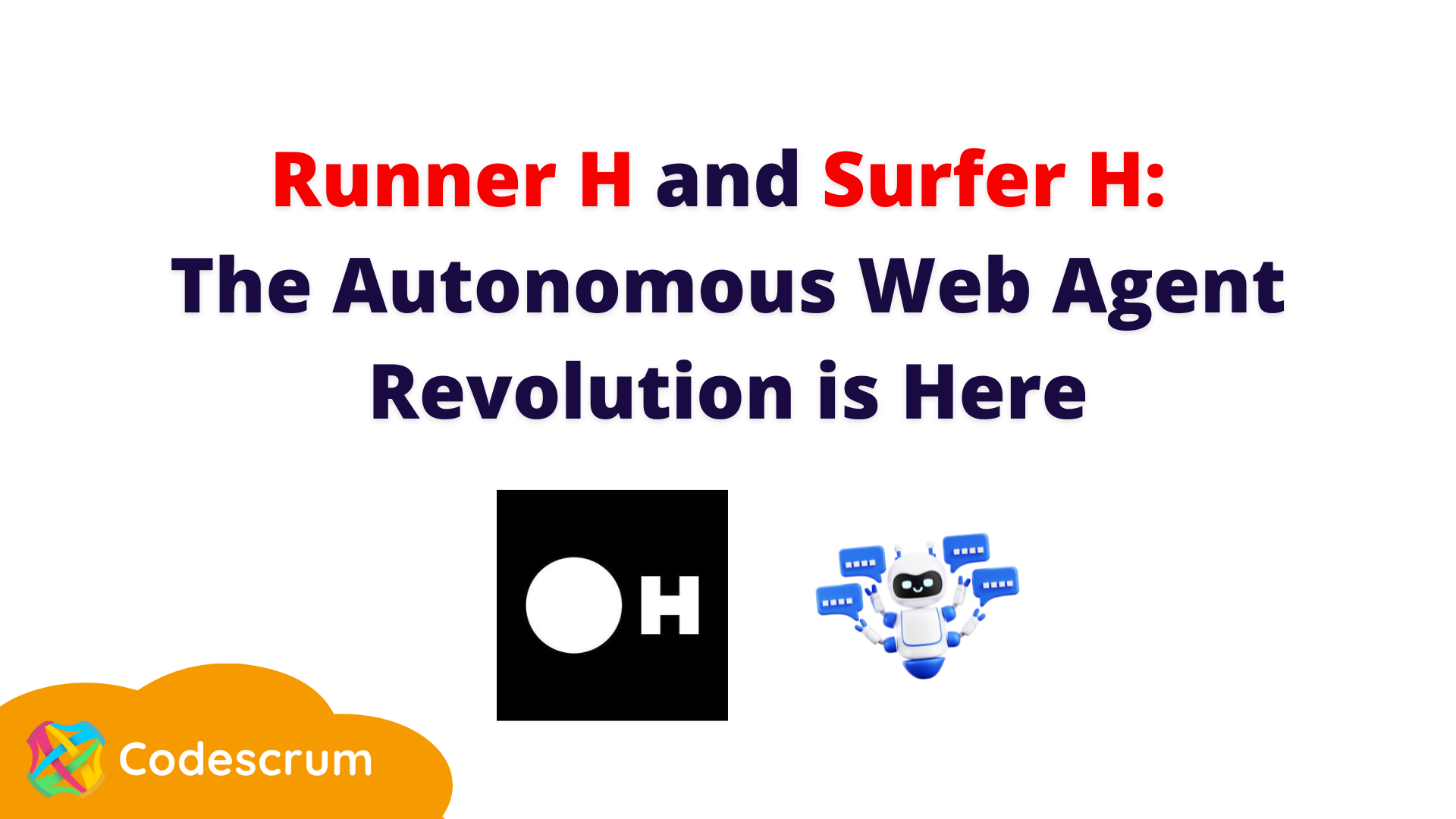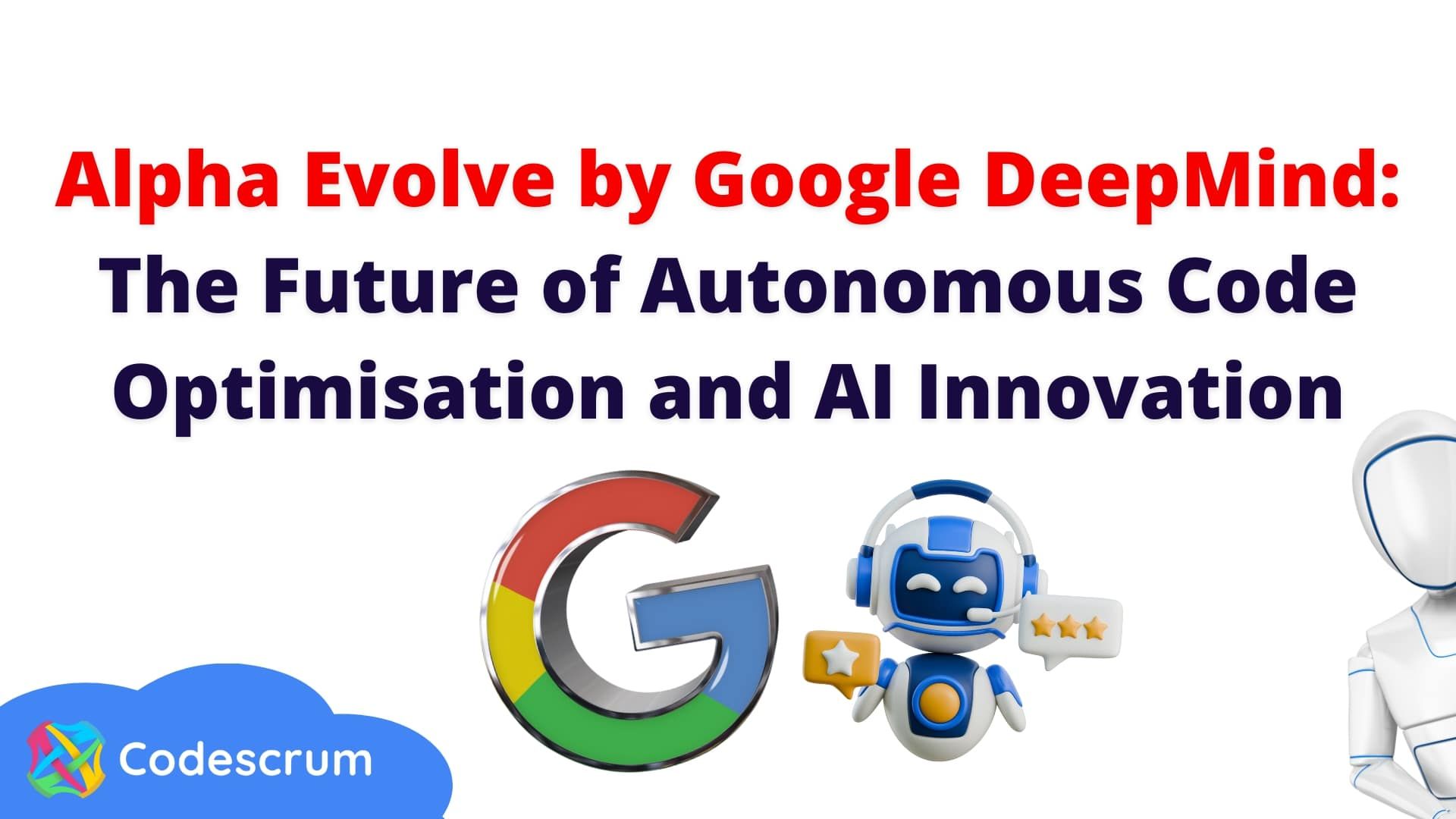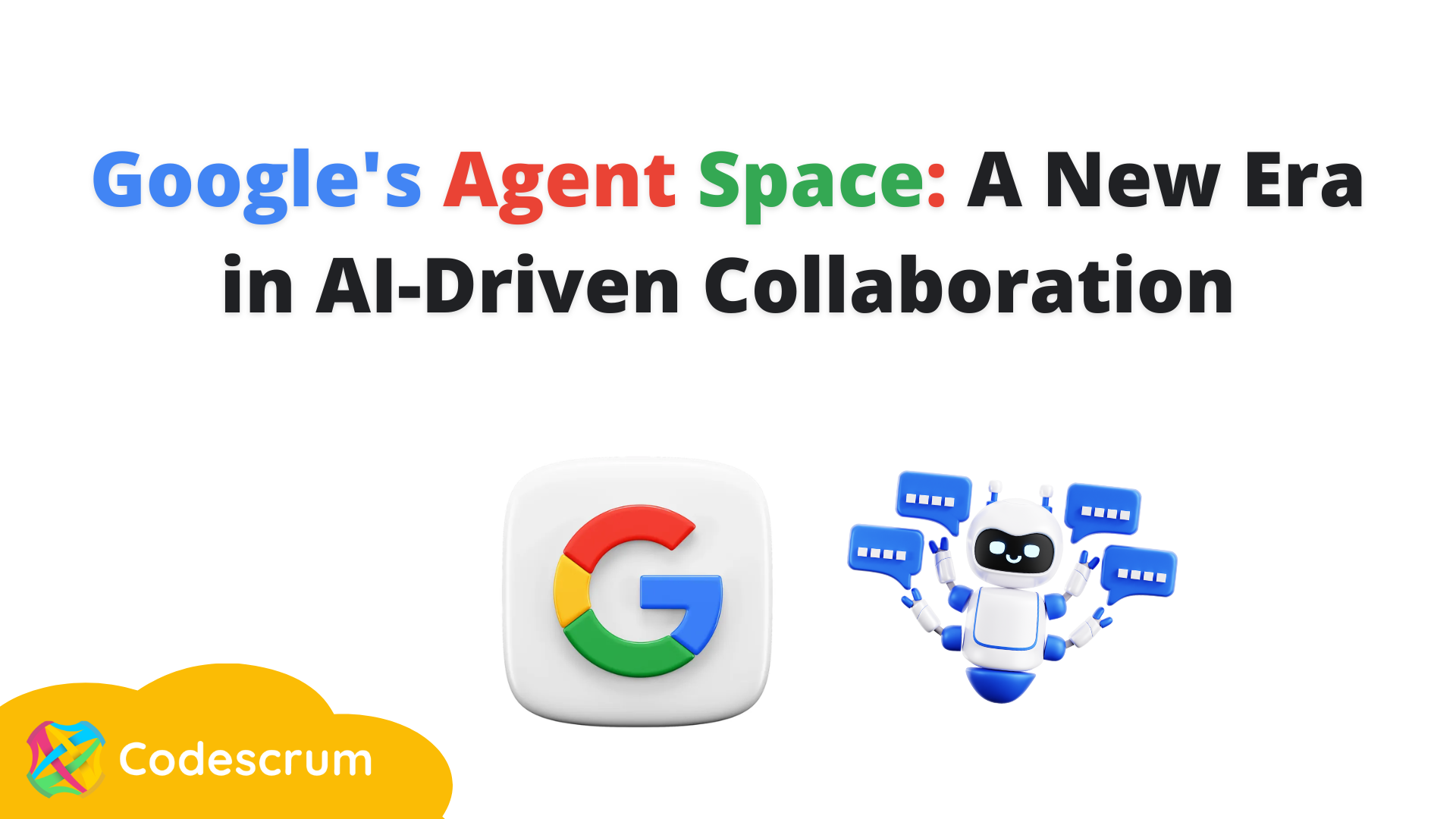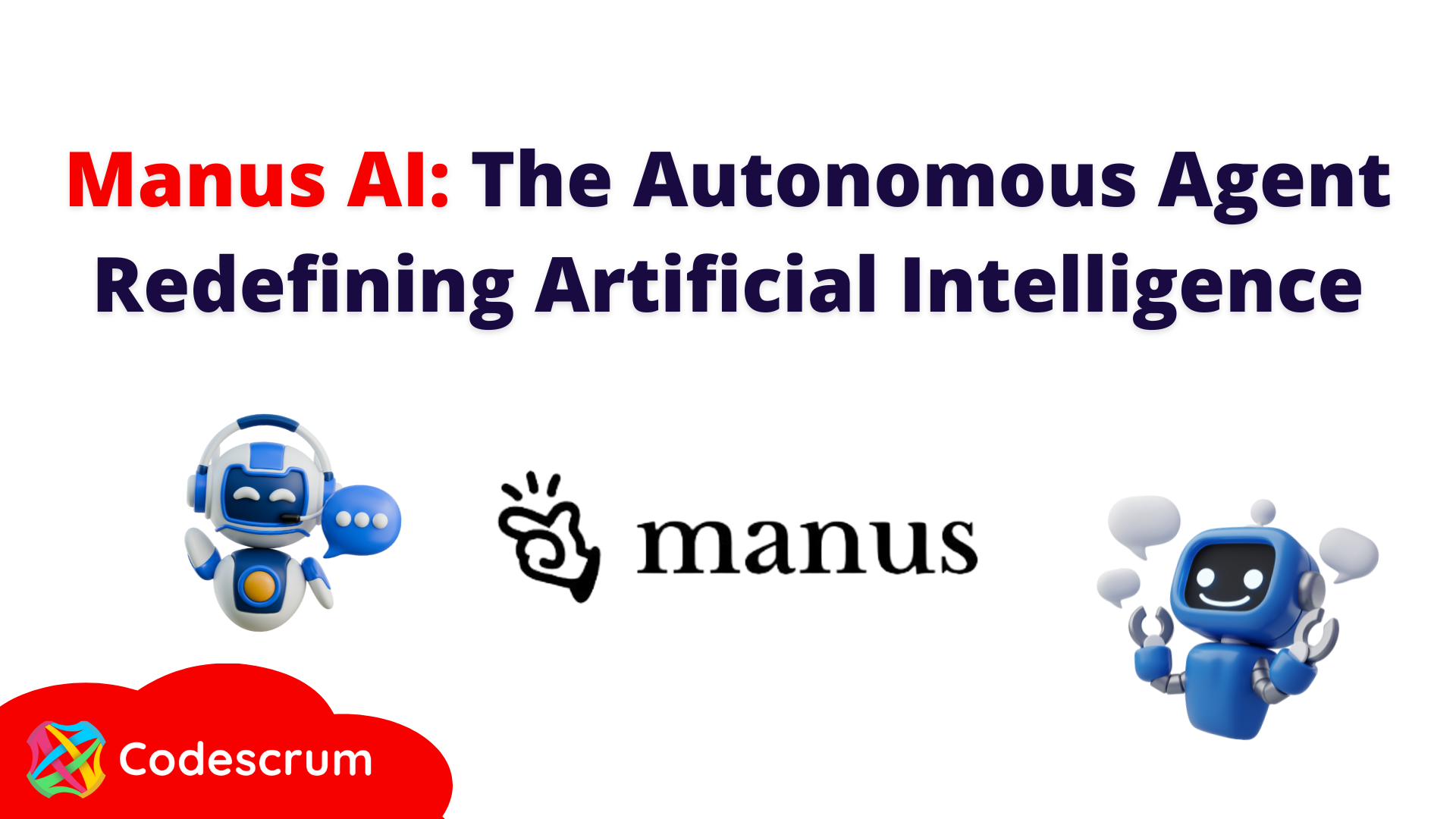DeepLearning.AI & Large Language Models: Innovation in the AI Era
DeepLearning.AI
DeepLearning.AI was founded in 2017 by Andrew Ng, a world leader in AI, to meet the need for world-class AI education. As an education technology company, DeepLearning.AI is empowering professionals worldwide to build an AI-powered future through world-class education, hands-on training, and a collaborative community. All to grow and connect the global AI community.
The company is part of an ecosystem of companies (Workera, AI Fund, Zest, Woebot Health, Bearing.ai, Factored, CuartoCerebro, Ai Landing) trying to build an AI-powered future through education, business and moreExploring their website, we discovered a wide range of valuable resources that DeepLearning.AI offers. Among them are courses that give you the knowledge and skills you need for a career in AI. These courses range from introductory through intermediate to advanced levels. The range of courses is impressive and includes specialisations in machine learning, natural language processing, AI for medicine, and Machine Learning Engineering for Production (MLOps), among others.
In addition, DeepLearning.AI features "The Batch", a newsletter to keep you updated with the latest AI news and ideas. It also has a blog that addresses various topics, such as weekly problems, machine learning research, business, science, AI and society, culture, hardware, AI careers and much more.
The company also offers other valuable resources, such as course slides, presentations and ebooks. These complementary resources help students deepen their understanding of AI concepts and strengthen their understanding of AI.
In addition to online training, DeepLearning.AI organises events in more than 50 countries, with more than 700 events and more than 70,000 participants. Participating in DeepLearning.AI events provides an excellent opportunity to network with a diverse community of peers, learn best practices from industry leaders, receive advice and practice from mentors, and engage in stimulating discussions.
Ultimately, DeepLearning.AI has established itself as a benchmark in AI education and a community platform for practitioners and enthusiasts.
Andrew NG
Delving deeper into the founder's profile, we find Andrew Ng, a pioneering computer scientist and a leading figure in artificial intelligence. He graduated from Carnegie Mellon University, MIT and the University of California, Berkeley. He has left a significant mark on the industry over the years. Ng was co-founder and director of Google Brain, where he led the development of large-scale deep learning algorithms. His team's most notable achievement was creating a massive neural network model that learned to detect cats in unlabelled YouTube videos, known as the "Google cat". He later served as chief scientist at Baidu, where he led the AI Group and was responsible for the company's global AI strategy and infrastructure.
In addition to his work in industry, Ng has advocated accessible education. In 2011, he led the development of Stanford University's massive open online course (MOOC) platform, where he taught a machine learning course that attracted more than 100,000 students. This led to the founding of Coursera, where Ng is currently president and co-founder. Coursera is the world's leading MOOC platform and collaborates with top universities to deliver high-quality online courses globally.
Andrew Ng has impacted the lives of countless people through his work in artificial intelligence and online education. He has authored or co-authored over 200 research articles in machine learning and related fields. In 2013, he was included in the Time 100 list of the world's most influential people and is currently the founder of DeepLearning.AI.
In addition to his dedication to education, Ng continues to work in machine learning, focusing on deep learning. His research focuses on computer vision and speech processing applications, including areas such as autonomous driving. His vision and leadership have contributed greatly to the advancement of artificial intelligence and have left a lasting mark on the industry.
Large language models (LLMs)
At the forefront of artificial intelligence, large language models (LLMs) have become a hot topic. Large language models (LLM) are deep learning algorithms that have revolutionised how machines understand and generate text. Based on advanced artificial intelligence techniques, these models can recognise, summarise, translate and predict text using large datasets as a knowledge base. LLMs are used to teach AIs to understand human languages and find applications in fields such as medicine, software development and many other industries. With their ability to process and generate content accurately and consistently, large language models are transforming how we interact with machines and opening up new possibilities in artificial intelligence.
How Do Large Language Models Work?
Large language models (LLMs) learn from huge datasets, capturing relationships and concepts in language. These models assimilate massive amounts of text without explicit instructions through unsupervised learning. LLMs can predict and generate content by applying their knowledge like a person fluent in a language. Moreover, they can be customised for specific use cases using techniques such as fine-tuning. The transformational model architecture, efficient in parallel stream processing, is central to the most powerful and largest LLMs.
Top Applications for Large Language Models
Large language models (LLMs) have diverse applications that open up new possibilities in multiple domains. For example, in natural language processing, LLMs enable the development of dynamic chatbots and AI assistants that improve the customer experience for retailers and service providers.
In the field of search engines, LLMs help to provide more accurate and human-like responses. Furthermore, these models are used in life sciences research to understand proteins, molecules, DNA and RNA.
In software development and robotics, LLMs allow code to be written and physical tasks to be taught to robots. Marketers can use them to organise customer feedback and requests, and financial advisors can summarise income statements and create transcripts of important meetings.
In detecting fraud and anomalies, credit card companies use LLMs to protect consumers. Legal teams also benefit from these models, as they can assist in drafting and paraphrasing legal texts.
Final thoughts
In conclusion, artificial intelligence is revolutionising the world in several ways, and its continued advancement promises an exciting future filled with innovation, automation and intelligent solutions to the challenges we face as a society. With the potential to transform industries, improve the quality of life and open up new frontiers of knowledge, artificial intelligence will continue to be an ever-evolving field that will lead us towards a promising future full of infinite possibilities.
